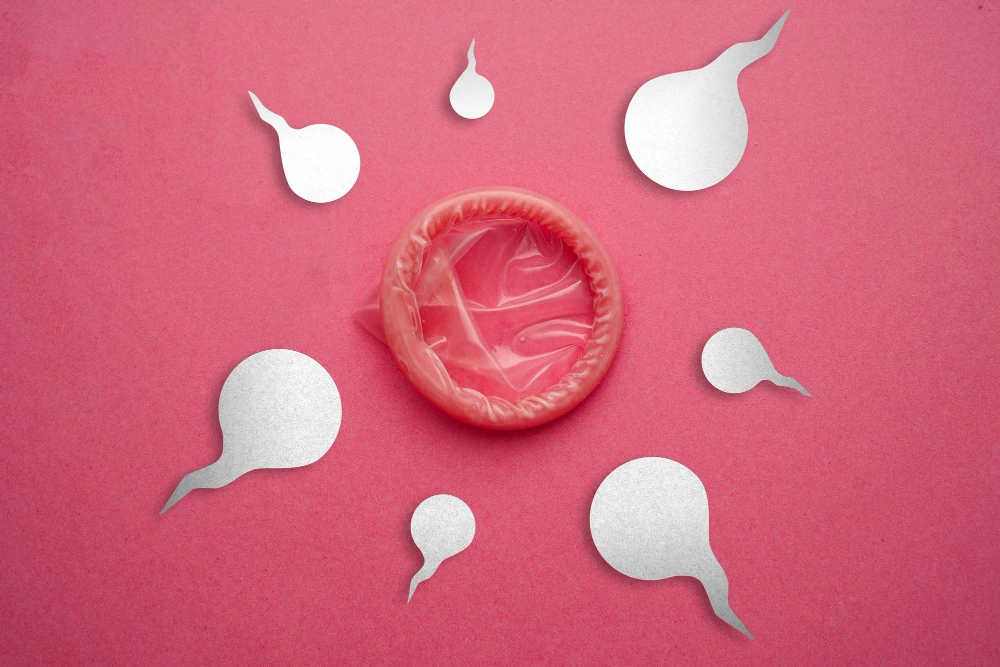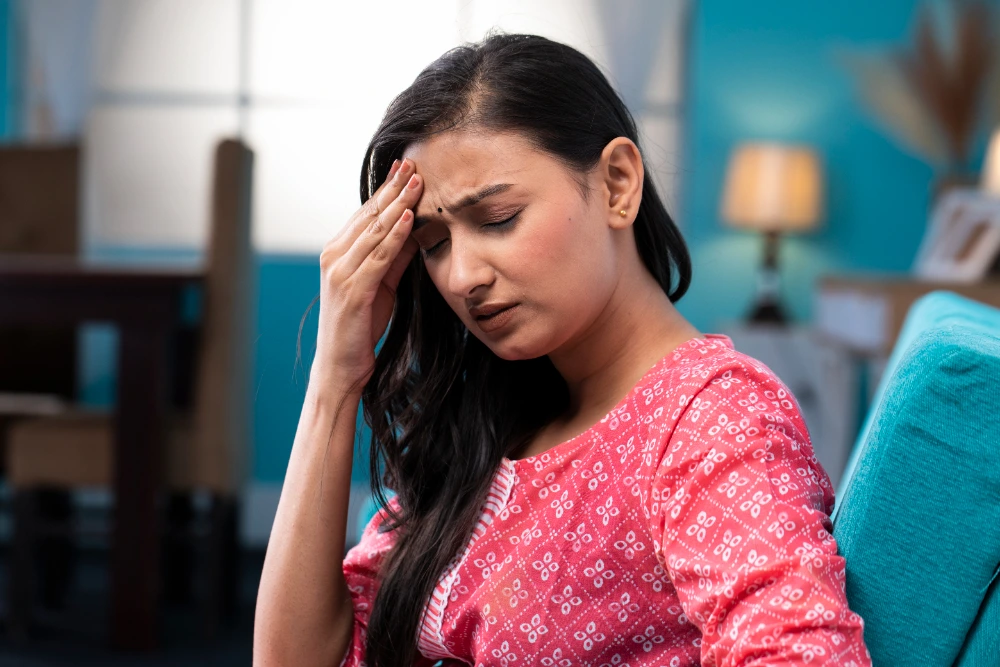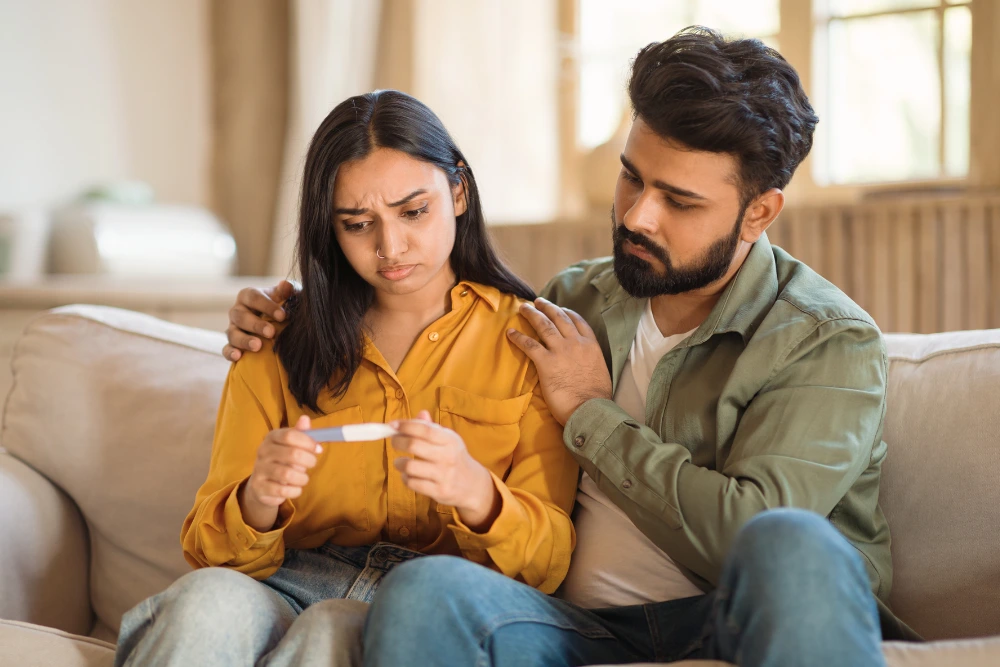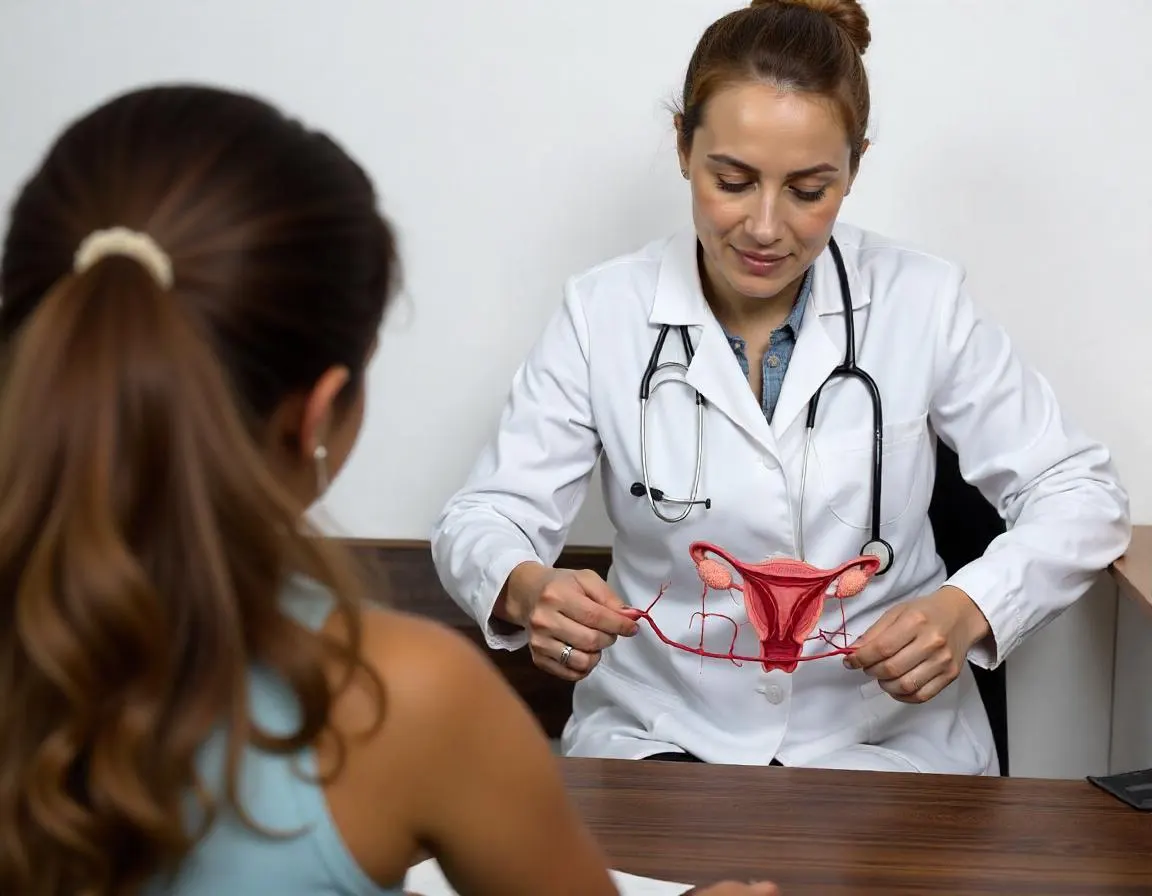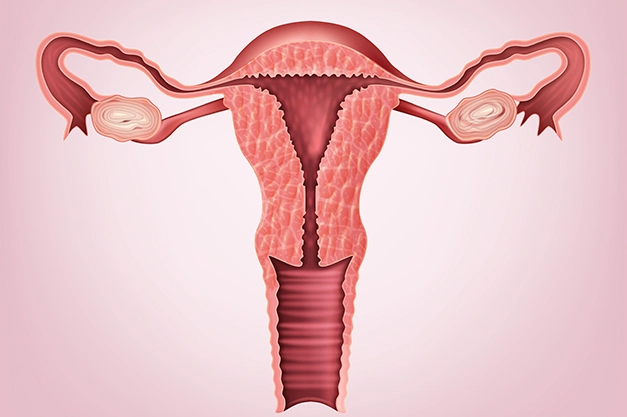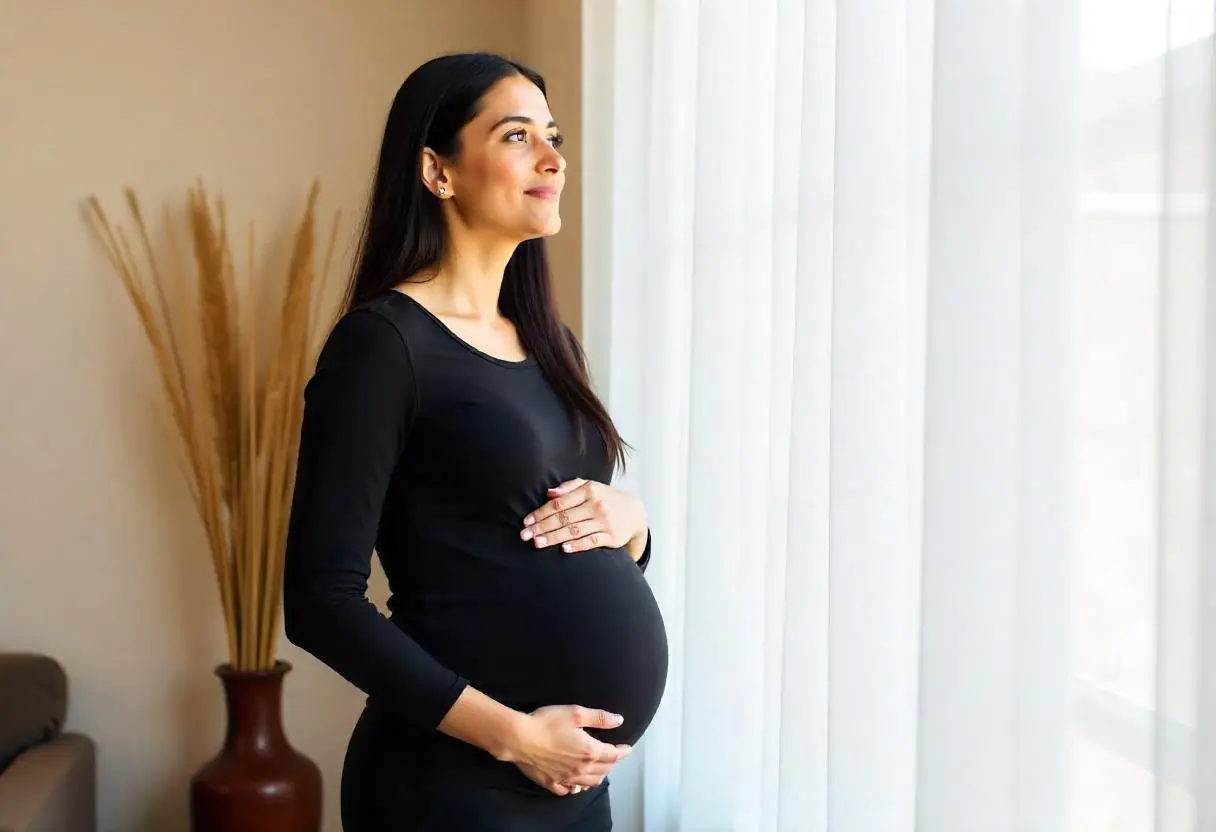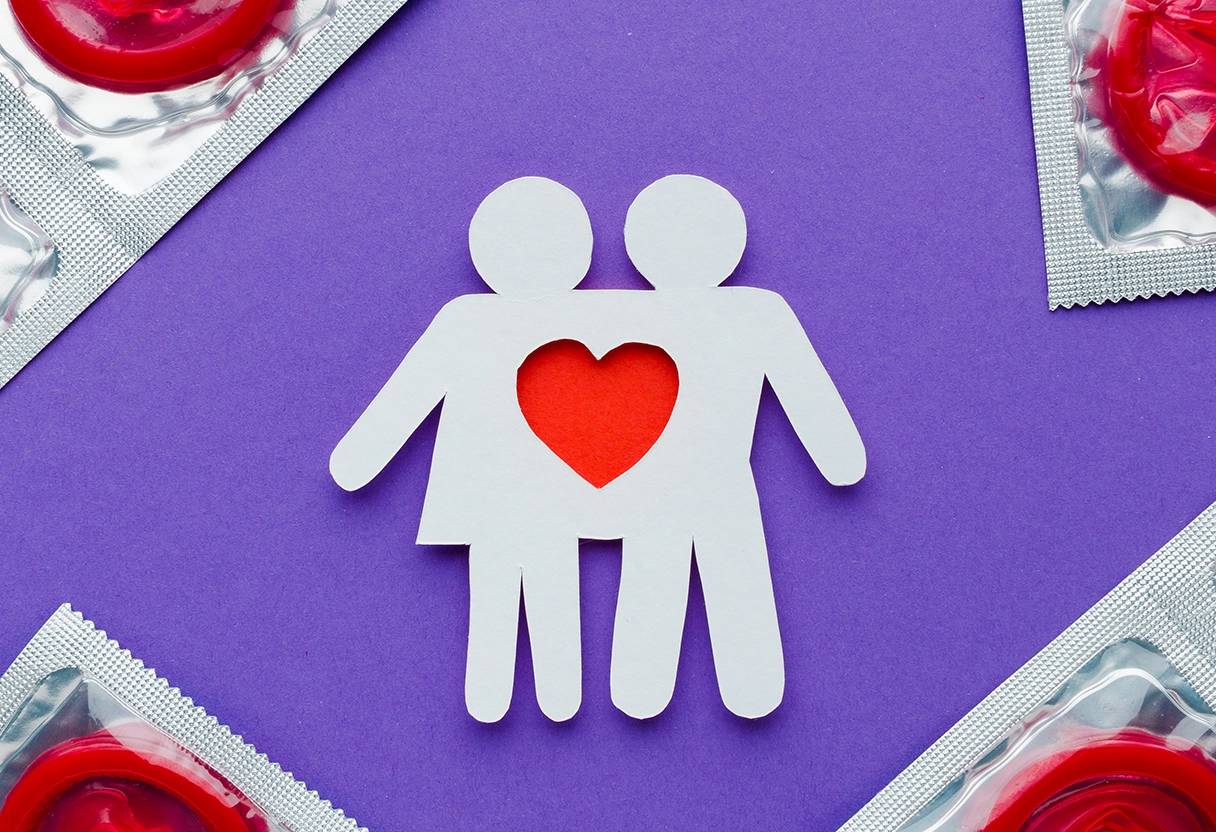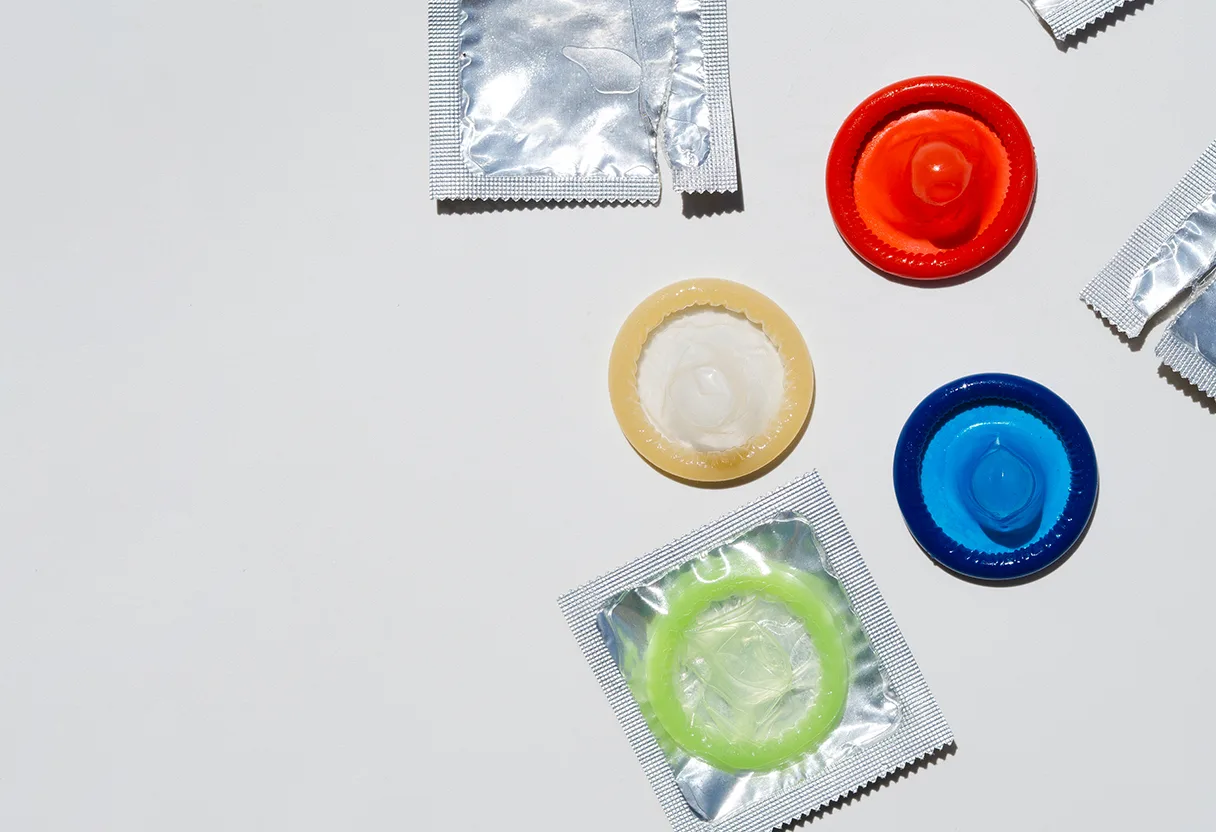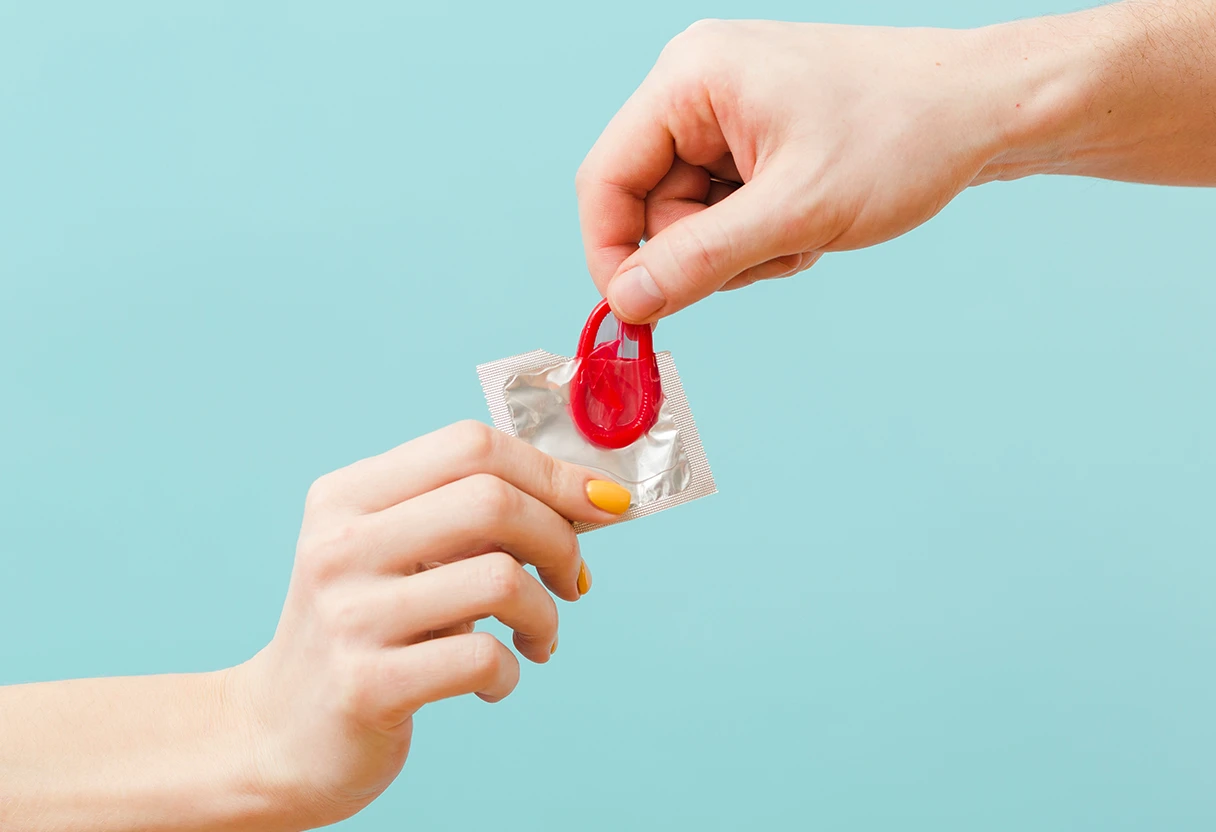Irregular Periods and Fertility: What’s the Connection
A critical measure of reproductive health is the menstrual cycle. Regular periods increase the likelihood of conception by indicating that the body is ovulating regularly. On the other hand, irregular periods defined as cycles that are too short, too lengthy, or unpredictable may indicate underlying medical conditions that might compromise fertility.
Read MoreTips to Stay Mentally Strong During Your Fertility Journey
Being a parent may be an emotional rollercoaster, particularly for those who are having trouble getting pregnant. Anxiety, tension, and annoyance are normal emotions to feel. But now, putting mental health first is equally important as physical health. Maintaining your mental toughness will enable you to face the challenges head-on with fortitude and optimism.
Read MoreSex Protectants: How Effective Are They and What Are Their Limitations?
To avoid unwanted pregnancies and sexually transmitted infections (STIs), sex protectants such as condoms, contraceptive tablets, intrauterine devices (IUDs), and other kinds of protection are essential. They are vital resources for responsible and safe sexual health. However, what is their effectiveness? And are there any drawbacks to them?
Read MoreHow Stress Plays Havoc with Your Hormones And Fertility
We are in an era where being busy is a status symbol. Working long hours, aimless scrolling on our screens, and not even having a minute to oneself have become the new standard. This sedentary culture has produced problems like anxiety, hormonal imbalance, and even infertility, which are more widespread than ever before. But did you ever pause to think about how stress actually affects your body? Let's take a brief sidetrack into an experiment with mice, which will give you a better explanation.
Read MoreEgg Freezing: Who and When to Do It
In a day and age where women are gaining financial independence, climbing the corporate ladder, and building their futures, one question keeps looming: What about having a baby? The biological clock continues to tick relentlessly for promotions, vacations, or personal development, but cutting-edge medicine offers an empowering solution in the form of egg freezing.
Read MoreHandling Fertility Issues in a Relationship
Infertility issues have the potential to deeply impact a relationship between two individuals, testing their emotional resilience and commitment. In India, the sensitivity towards reproductive issues is typically added to by societal norms and conservative sex education. Notably, a survey by the Indian Ministry of Women and Child Development discovered that 53% of children aged 5 to 12 had been exposed to some form of sexual abuse. Thus, the country needs to implement comprehensive sex education.
Read MoreTrying After Miscarriage: Physically and Emotionally What to Expect
Miscarriage is a term that's whispered. However, it is a part of many couples' fertility processes. Statistically speaking, as many as 1 in 4 pregnancies can be lost to miscarriage, but in reality, the number may be larger because so many losses happen before a woman ever realises she's pregnant. Despite the silence with which miscarriage is often regarded, the fact remains that it affects more people than we'd ever imagine. When it is time to attempt again, couples find themselves left to deal with not only their physical healing, but the emotional landscape as well.
Read MoreHow do low AMH levels affect fertility?
AMH or Anti-Müllerian Hormone is a hormone secreted by the ovarian follicular granulosa cells. It's an ovarian reserve biomarker. AMH differs from other fertility indicators, such as FSH or LH, in that it does not change much within the menstrual cycle and is a good measure to gauge the reproductive potential. AMH values are in nanograms per millilitre (ng/mL) for fertility tests. The interpretation can be reduced to this:
Read MoreIVF vs. IUI: Which is Best for You?
Infertility challenges are frequently highly emotional and very personal. For most women and couples, deciding between IUI and IVF can be daunting, particularly when hope is laced together with fear and uncertainty. If you are older than 25 and have been trying to conceive, learning about these two most common fertility treatments can shed light and provide guidance.
Read MoreHow to Know If You Have Fibroids: Symptoms, Causes, and What to Do
Uterine fibroids are more common than most people realise and often go undetected. For many women, especially those between the ages of 18 and 35, symptoms may be subtle or mistaken for other issues like hormonal imbalances or routine menstrual discomfort. Yet, early awareness is crucial. Fibroids can impact everything from daily comfort to fertility if left unmanaged. This guide will help you understand what fibroids are, how to spot the signs, and when to consult a doctor.
Read MoreEarly Signs of Pregnancy: What’s Normal, What’s Not, and When to Test
When you’re trying to conceive, or even if you’re not, every twinge, cramp, or mood swing can make you wonder: Am I pregnant? Early signs of pregnancy often overlap with premenstrual symptoms, making it difficult to tell the difference. But there are certain clues your body gives you, even before a missed period.
Read MoreSexual Health for Teens: Protective Measures You Should Know Before Becoming Sexually Active
Becoming sexually active is a personal decision, one that comes with physical, emotional, and social responsibilities. If you’re a teenager considering this step, it’s essential to understand how to protect your body and your future. Sexual health isn’t just about preventing pregnancy, it’s also about respecting yourself, your partner, and making informed, safe choices.
Read MoreCondoms 101: Types, Usage, and STD Protection Explained Simply
Talking about condoms can feel awkward, especially if you're navigating the world of sex and relationships for the first time. But knowing how to use them properly and understanding your options can help you feel confident, safe, and in control of your health. Condoms are one of the simplest and most accessible ways to prevent sexually transmitted diseases (STDs) and unplanned pregnancies, when used correctly. This guide breaks it down in a way that’s clear, respectful, and judgment-free.
Read MorePull-Out Method: Risks, Effectiveness, and STD Protection Explained
For many couples and individuals, the pull-out method (also called withdrawal) may seem like a natural, hormone-free way to prevent pregnancy. It's easy, convenient, and doesn’t require any tools or prescriptions. But is it actually safe? Can it prevent STDs? What are the chances of getting pregnant using this method? Let’s break it down clearly and honestly.
Read MoreEmergency Contraception: What You Should Know
Whether it’s a broken condom, a missed pill, or unprotected sex, accidents can happen. Emergency contraception is a safe and effective way to prevent pregnancy after sex, but only if you act quickly. If you’re feeling overwhelmed or unsure, know this: you’re not alone, and you have options. This blog breaks down the different types of emergency contraception, how they work, and how effective they are, without judgment or confusion.
Read MoreExercise and Fertility: How Much Is Too Much?
Exercise is an essential part of a healthy lifestyle. It strengthens the heart, improves mood, reduces stress, and maintains weight. But when it comes to fertility, the connection with exercise isn’t always straightforward. While moderate physical activity can improve reproductive health, pushing the body too far may sometimes reduce the chances of conception. Understanding the balance is key for couples who are trying to conceive.
Read More


